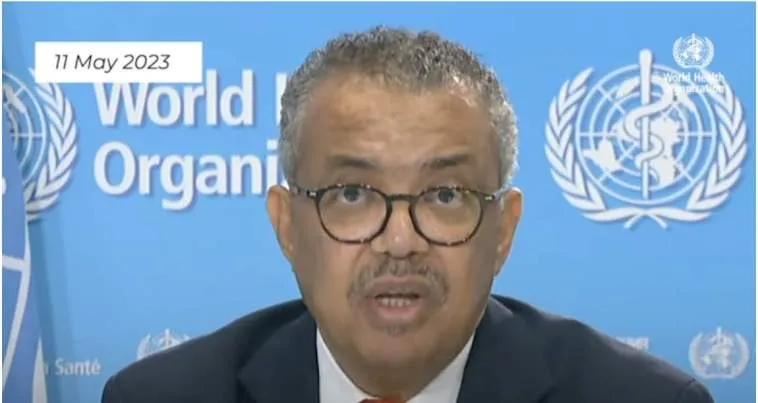(Reclaim The Net) If you’ve been following our reporting on the issue, you’ll already know that the new World Health Organization (WHO) pandemic prevention initiative, the Preparedness and Resilience for Emerging Threats (PRET), recommends using “social listening surveillance systems” to identify “misinformation.” But as more people are learning about how unelected bodies are being used to suppress speech and potentially override sovereignty, it’s starting to get more pushback.
According to documents from the UN agency, PRET aims to “guide countries in pandemic planning” and work to “incorporate the latest tools and approaches for shared learning and collective action established during the COVID-19 pandemic.”
The PRET document describes misinformation as a “health threat,” and refers to it as an “infodemic.”
“Infodemic is the overabundance of information – accurate or not – which makes it difficult for individuals to adopt behaviors that will protect their health and the health of their families and communities. The infodemic can directly impact health, hamper the implementation of public health countermeasures and undermine trust and social cohesiveness,” the document states.
However, it continues to recommend invasive methods of countering the spread of misinformation.
“Establish and invest in resources for social listening surveillance systems and capacities to identify concerns as well as rumors and misinformation,” the WHO wrote in the PRET document.
“To build trust, it’s important to be responsive to needs and concerns, to relay timely information, and to train leaders and HCWs in risk communications principles and encourage their application.
Communication should be tailored to the community of interest, focusing on and prioritizing vulnerable groups.
“New tools and approaches for social listening have been developed using new technologies such as artificial intelligence to listen to population concerns on social media (such as the Platform EARS developed by WHO).”
The document also recommends testing these tactics during “acute respiratory events including seasonal influenza.”
“Develop and implement communication and behavior change strategies based on infodemic insights, and test them during acute respiratory events including seasonal influenza. This includes implementing infodemic management across sectors, and having a coordinated approach with other actors, including academia, civil society, and international agencies,” it explains.
Rep. Chris Smith (R-NJ) is holding a Congressional hearing on the WHO’s pandemic accord.
The Secretary of Health and Human Services, Xavier Becerra, recently met with Tedros Adhanom Ghebreyesus, the Director-General of the WHO, to discuss the accord and the “critical role” of the US “in global health security.”
In his opening remarks at the World Health Assembly, Ghebreyesus said: “I urge you to deliver the pandemic accord on time, as a generational commitment. The next pandemic will not wait for us. We must be ready.”
The Accord’s preliminary document, zero draft, was first published in February.
In March, the Biden administration’s envoy at the negotiations, Pamela Hamamoto, said that the administration is “committed to the Pandemic Accord, to form a major component of the global health architecture for generations to come.”
“The American people have a right to know exactly what the Biden Administration is negotiating at the WHO, especially as the President remains silent and fails to reassure us that he will protect our Constitution from bureaucrats at this troubled United Nations body,” Rep. Smith said.
Smith is particularly concerned that the Accord could undermine the sovereignty of the US over its healthcare infrastructure.






